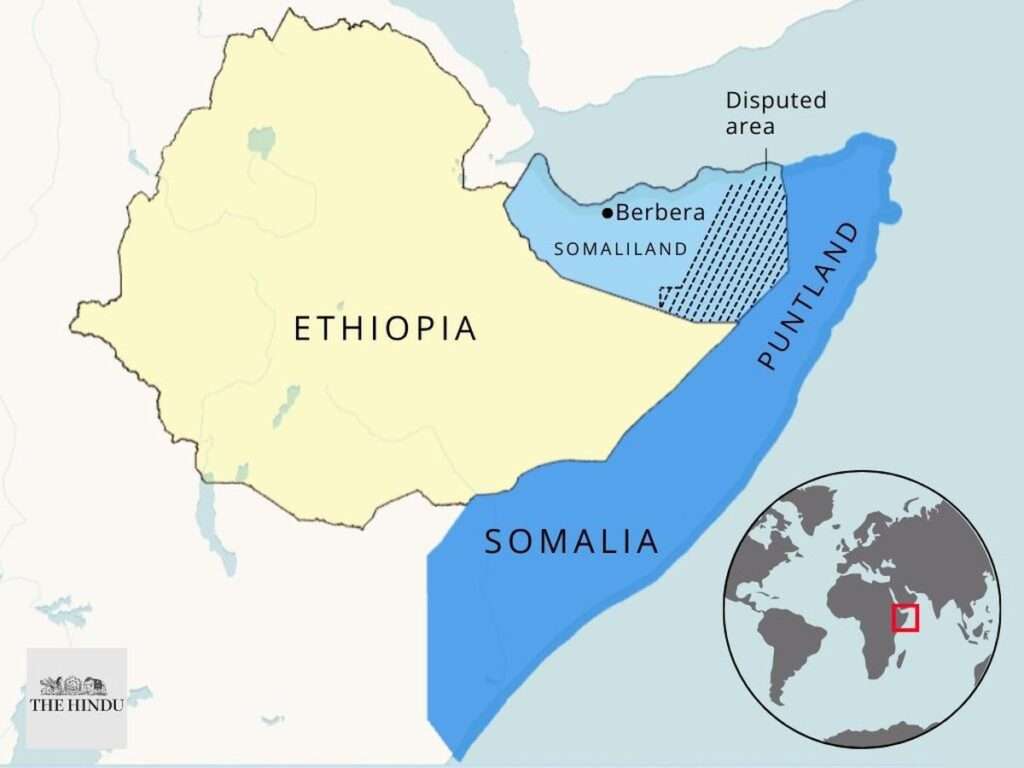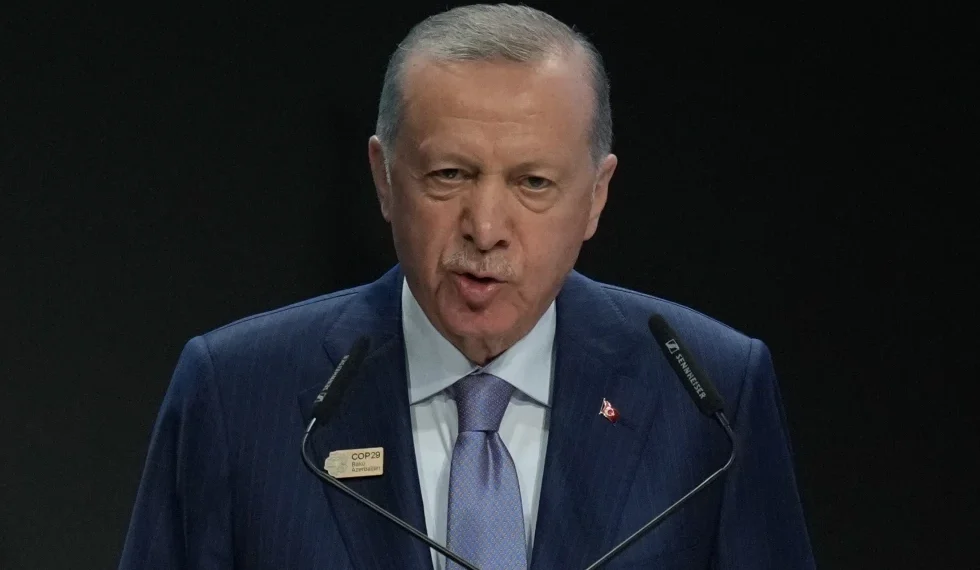Turkish President Recep Tayyip Erdogan has stepped into the fraught relationship between Sudan and the United Arab Emirates (UAE), offering to mediate as tensions escalate.
In a phone call with Sudan’s military leader, Gen. Abdel-Fattah Burhan, Erdogan pledged Turkey’s support for peace and stability in Sudan, according to a statement from Ankara.
Erdogan’s offer follows a recent diplomatic success, where he brokered talks between Ethiopia and Somalia aimed at resolving their territorial disputes. His outreach to Sudan signals Turkey’s growing ambition to serve as a stabilizing force in Africa and the Middle East.
The Turkish president emphasized that “Turkey’s core principles include establishing peace and stability in Sudan, preserving its territorial integrity and sovereignty, and preventing the country from becoming a zone of external interventions.”
The Sudanese government has accused the UAE of arming the paramilitary Rapid Support Forces (RSF), a claim the UAE strongly denies.
Sudan alleges that these weapons have fueled the violent conflict that erupted in April 2023 between its military and the RSF. The war has plunged the nation into chaos, displacing more than 13 million people and sparking a dire humanitarian crisis.
The UAE has countered these allegations, accusing Sudan’s leadership of refusing to engage in peace negotiations with the RSF.
Meanwhile, Sudan asserts that it has presented evidence of UAE-backed arms shipments disguised as humanitarian aid to the United Nations Security Council. Neighboring countries like Chad and Libya are reportedly being used as transit points for these supplies.
Critics argue that the UAE’s actions are driven by both economic and geopolitical ambitions. With over $6 billion invested in Sudan since 2018, primarily in agriculture and infrastructure, the UAE views the nation as a key strategic asset.
However, its alleged military involvement has drawn accusations of exacerbating Sudan’s humanitarian crisis.
The UAE denies these claims, dismissing them as “ludicrous” and asserting that its focus remains on humanitarian aid and peace-building efforts in the region.
Ethiopia-Somalia Deal Signals Diplomatic Shift
Erdogan’s proactive diplomacy in Africa gained momentum earlier this week when he hosted Ethiopian Prime Minister Abiy Ahmed and Somali President Hassan Sheikh Mohamud in Ankara.
The discussions culminated in a joint declaration recognizing Somalia’s territorial integrity while addressing Ethiopia’s access to the sea — a contentious issue linked to Ethiopia’s recent agreements with Somaliland.
Somaliland, a breakaway region of Somalia, signed a memorandum with Ethiopia in January that included leasing its coastline for a marine force base.

This agreement has heightened tensions with Somalia, which sees the deal as a direct challenge to its sovereignty. Erdogan’s mediation has sought to de-escalate these tensions by fostering dialogue between the parties.
“The sides agreed to begin technical talks aimed at resolving the dispute,” said the Turkish presidential office following the meetings. The agreement marks a significant step in addressing one of the most pressing geopolitical issues in the Horn of Africa.
Sudan’s strategic importance, coupled with its natural resources like gold, has made it a battleground for competing regional powers. The UAE’s involvement, seen by many as an effort to counter Iranian influence and suppress democratic movements, has drawn both criticism and scrutiny.
Analysts warn that prolonged external interference risks deepening Sudan’s humanitarian crisis, where millions face displacement, hunger, and violence. Erdogan’s offer to mediate between Sudan and the UAE underscores Turkey’s intent to play a pivotal role in resolving these challenges while boosting its influence in Africa.
READ ALSO: President-Elect Mahama Meets UK High Commissioner Harriet Thompson




















